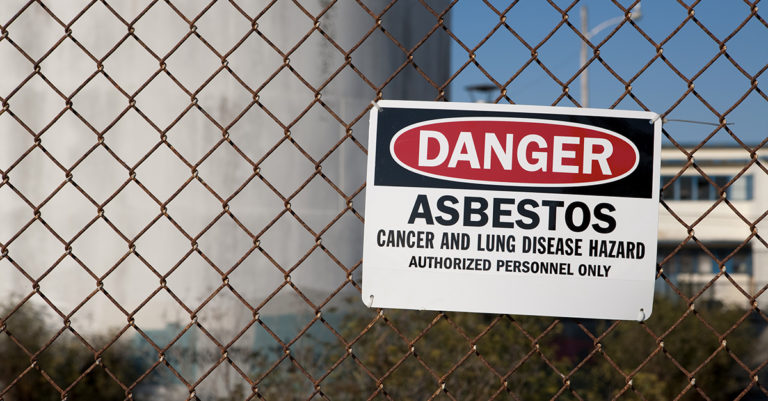Calcium-channel blockers (CCBs) may be associated with a higher risk of breast cancer, according to a new study. Published in the journal JAMA Internal Medicine, the study looked at the effects of the long-term use of CCBs.
Researchers analyzed data from about 880 women with invasive ductal breast cancer, 1,027 women with invasive lobular breast cancer and 1,027 women with no cancer in the Seattle, Washington area. Breast cancer risk did not increase among the women using other antihypertensive drugs, including diuretics, beta-blockers and angiotensin II antagonists. However, results showed that the women taking CCBs had a significantly increased risk of breast cancer.
“[The study] provides valid evidence supporting the hypothesis that long-term CCB use increases the risk of breast cancer,” said Patricia Coogan in an editorial about the study.
CCBs are the ninth most commonly prescribed drug class in the United States. While this observational study does point to a correlation between CCBs and increased breast cancer risk, it does not provide causal evidence of this link.
However, patients using CCBs should not discontinue use without first talking with their physician. “Because these data are from an observational study,” said Coogan, “[it] cannot prove causality and by itself cannot make a case for change in clinical practice.”
What Are Calcium-Channel Blockers (CBS)?
CCBs lower blood pressure by preventing calcium from entering the cells of the heart and blood vessel walls. As a result, they affect the muscle cells in the arterial walls by relaxing and widening them. Some CCBs may also slow heart rate, relieve chest pain (angina) and help control a heart arrhythmia. Common calcium-channel blockers include amlodipine (Norvasc), diltiazem (Cardizem LA, Tiazac), felodipine, isradipine (DynaCirc CR), nicardipine (Cardene SR), nifedipine (Procardia, Procardia XL, Adalat CC), nisoldipine (Sular), and verapamil (Calan, Verelan, Covera-HS).
CCBs are often prescribed with other blood pressure and cholesterol medications, including statins.




